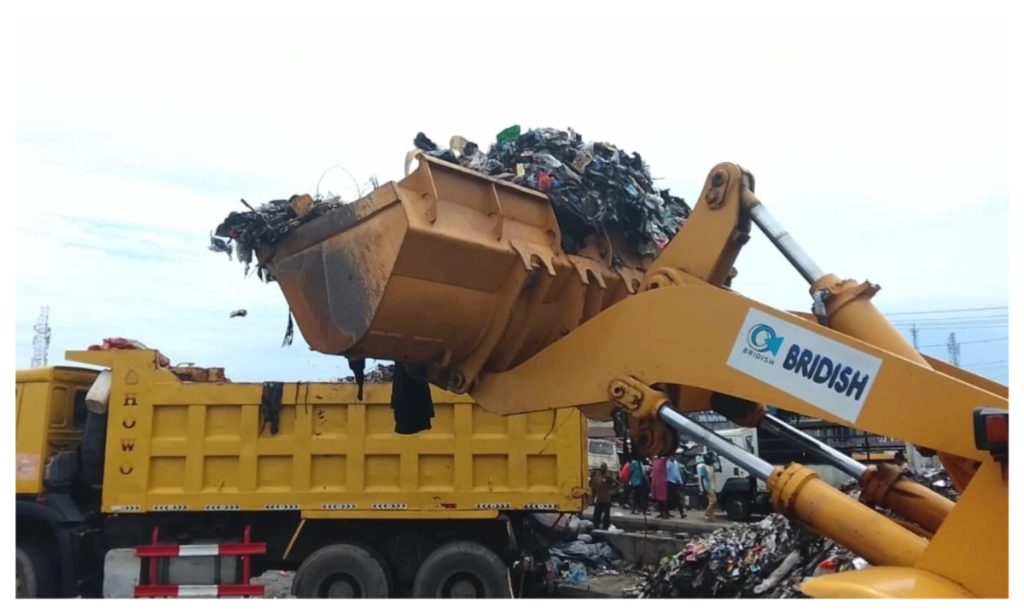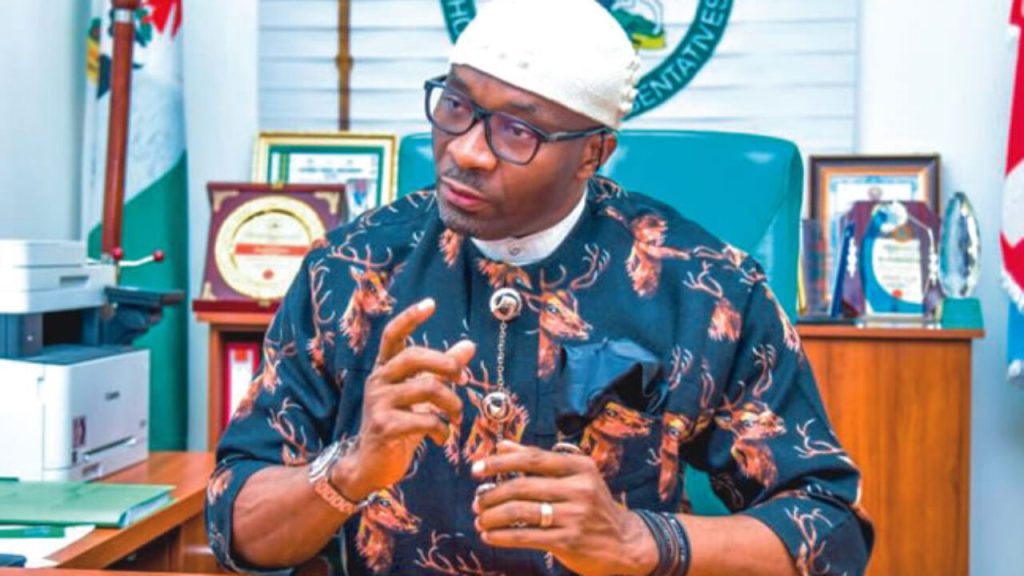A former presidential aide, Chief Okoi Obono-Obla, has criticized the All Progressives Party (APC) in Cross River State for cautioning party members against criticizing underperforming federal lawmakers. Obono-Obla described the move as an attempt to suppress genuine voices seeking accountability and a step towards authoritarianism.
The APC’s directive, according to Obono-Obla, is undemocratic and unconstitutional. He noted that the party’s constitution does not prohibit members from openly criticizing underperforming leaders or elected representatives. In fact, Article 21.2 of the party’s constitution lists recognized offenses, but criticism of poor governance or incompetent lawmakers is not among them.
Obono-Obla argued that the party’s attempt to silence internal voices is disturbing, particularly given the APC’s objectives, as outlined in Article 7 of its constitution. These objectives include promoting internal democracy, defending human rights, and ensuring freedom of expression and of the press. By gagging critics, the party contradicts its own foundation, Obono-Obla said.
The former presidential adviser emphasized that aides and party members who demand accountability are not enemies, but rather true defenders of democracy. He warned that suppressing dissent under the guise of party discipline would erode democratic norms and destroy public trust in the APC. Obono-Obla urged the party leadership to retrace its steps and protect political discourse rather than strangling it.
The controversy highlights the importance of accountability and freedom of expression in democratic governance. Obono-Obla’s comments come at a time when Nigeria’s democracy is facing challenges, and the role of political parties in promoting transparency and accountability is under scrutiny. The APC’s response to criticism will be closely watched, as it navigates the complexities of balancing party discipline with the need for internal democracy and accountability. Ultimately, the health of Nigeria’s democracy depends on the ability of citizens to critique and question leaders, Obono-Obla said.



